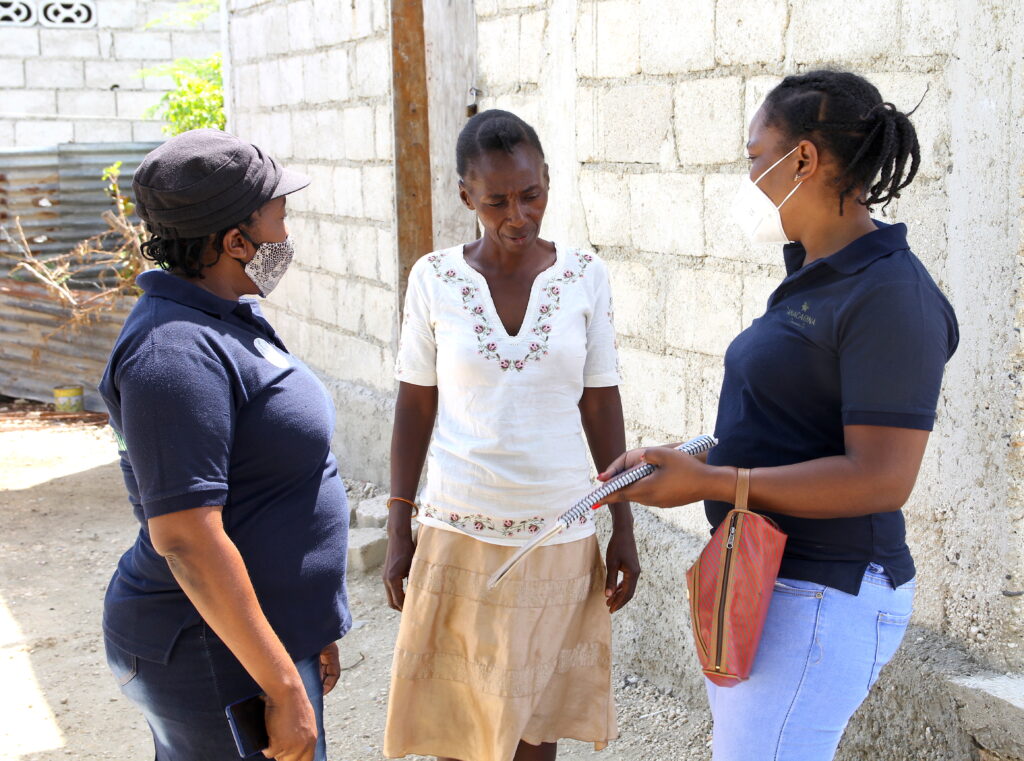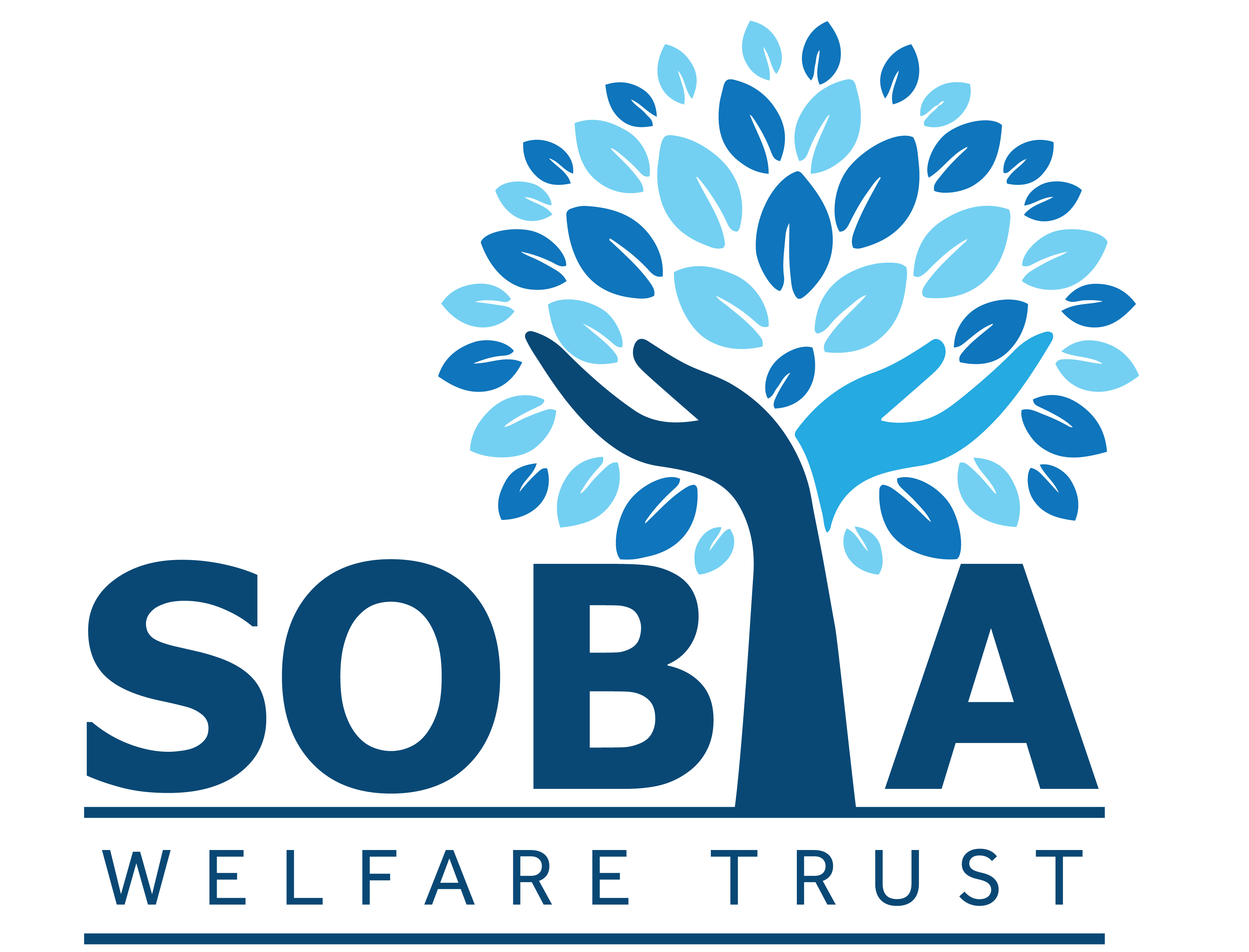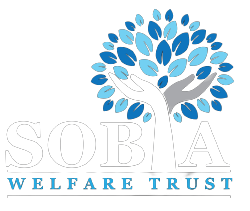In 2010, Haiti suffered from a large-scale outbreak of cholera. This outbreak was a surprise to everyone, as it was believed that modern sanitation practices had eliminated cholera. From 2010 to 2019, there would be 820,000 reported cases of cholera and more than 9,700 deaths.
After three years without any reported cases, Haiti is once again fighting a cholera outbreak. In October 2022, Haitian officials confirmed 2 cases. As of July 16, Haiti’s Ministry of Public Health and Population suspects that cholera has spread to more than 54,000 residents, the majority of whom are children under the age of five.
2022-2023 cholera outbreak
Cholera is a highly spreadable illness that infects the intestine, and severe symptoms include profuse diarrhea, vomiting, thirst, leg cramps, and restlessness. The water-borne illness is spread via infected feces that finds its way into drinking water.
While it is uncertain how the first patients of this outbreak became infected, the current social and political issues have allowed the disease to spread easily. Areas of the country are currently inaccessible due to instability in Port au Prince, and many areas that need health services are unable to receive them. Additionally, the social and political stress has many people across the country living in unsanitary conditions and without access to basic water and sanitation infrastructure – a key factor in the spread of cholera.
While cholera did seem to slow and become controlled earlier in the year, heavy rains and flooding across the country have accelerated the spread.


